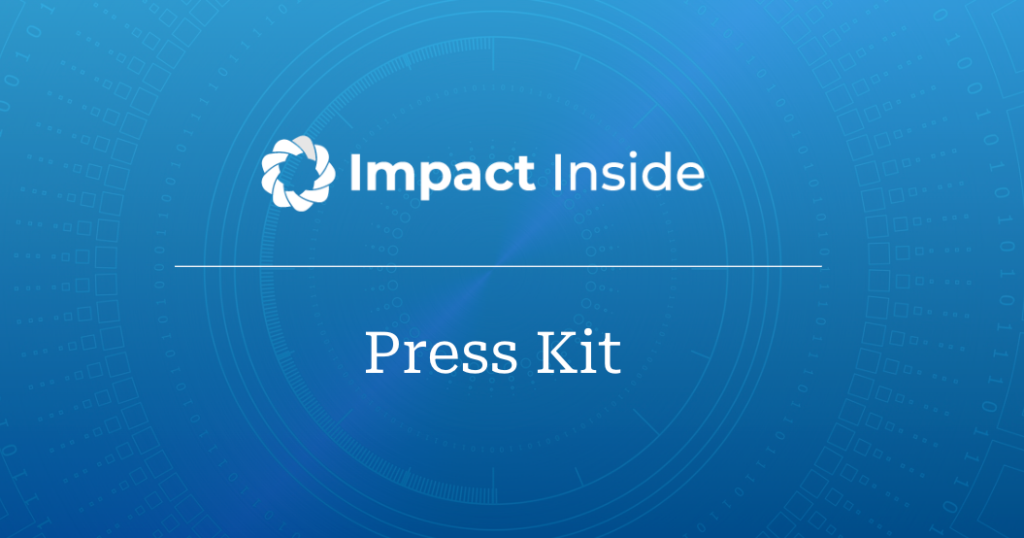Q2 25 Product Development Updates

Thanks to the invaluable feedback from our Alpha test program participants, our developers have made key improvements to better meet the needs of today’s VCM practitioners. As we prepare to […]
How we use AI to make quality project delivery easier

The Voluntary Carbon Market (VCM) has challenges to overcome if it is to rapidly scale. This necessitates providing proponents and stakeholders with the best tools to help raise the bar […]
Press Kit

Download as PDF Company Origins Impact Inside was originally created to meet the demanding quality requirements of technical carbon project consultancy EP Carbon, its first Certified Partner. For more than […]
What is today’s VCM saying it wants in a Carbon Offset Project?

By Chris McLaren Introduction In previous blog posts, we’ve presented evidence that higher quality projects tend to command higher credit prices on the Voluntary Carbon Market (VCM), and that the […]
New Hire Announcement

Impact Inside Welcomes Chris Belden as New Chief Product and Technology Officer On November 12, 2024, Impact Inside, a leading SaaS Voluntary Carbon Market (VCM) project design, management, and storytelling […]
Advisory Board Members Wanted

Impact Inside is excited to continue to build out its Strategic and Customer Advisory Boards. Below you’ll find our objectives, expectations, the desired experience of those we hope will participate, […]
Beta test enrollment now open

The platform is currently being utilized by 10 Alpha users representing project proponents and investors
What is the true potential value of the voluntary carbon market? And what will it take to get there?

How can the VCM’s legitimate firms and projects credibly signal their integrity and establish an unassailable level of trust?
Carbon Project Fraud and the Need for Better Project Management Solutions

In September we shared our thoughts following C-Quest Capital’s troubled cookstove initiative. Just this last week, we also read Matt Levine’s analysis on Bloomberg Law to CQC’s fraudulent claims and […]
Impact Inside Launches at Climate Week NYC to Drive Quality in Nature-Based Carbon

[Minneapolis, MN] — [September 19, 2024] — Today marks the launch of “Impact Inside,” a cutting-edge SaaS platform for designing and managing Nature-based Solutions (NbS) projects to promote transparency, demonstrate […]
